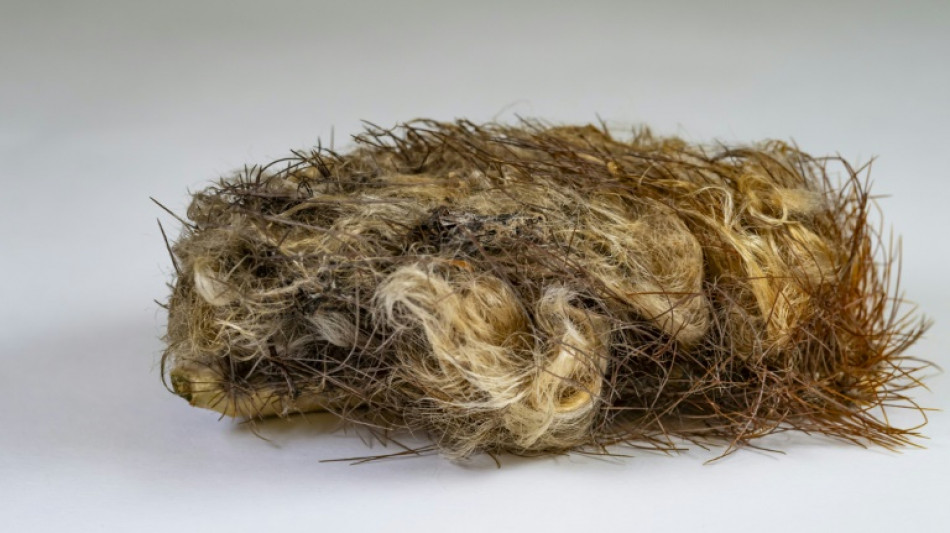
RBGPF
0.0000

A rare species of tree cactus has gone extinct in Florida, in what is believed to be the first species lost to sea level rise in the United States, researchers said Tuesday.
The Key Largo tree cactus (Pilosocereus millspaughii) was restricted to a single small population in the Florida Keys, an archipelago off the southern tip of the state, first discovered in 1992 and monitored intermittently since then.
But salt water intrusion caused by rising seas, soil erosion from storms and high tides, and herbivory by mammals placed significant pressure on the last population.
By 2021, a once-thriving group of roughly 150 stems in an isolated mangrove forest had dramatically declined to six fragile, struggling fragments, which researchers relocated for off-site cultivation in a bid to ensure their survival.
"Unfortunately, the Key Largo tree cactus may be a bellwether for how other low-lying coastal plants will respond to climate change," said Jennifer Possley, the director of regional conservation at Fairchild Tropical Botanic Garden.
Possley is the lead author on a study published Tuesday in the Journal of the Botanical Research Institute of Texas documenting the decline of the species.
Key Largo tree cacti continue to grow on a few scattered Caribbean islands, including northern Cuba and parts of the Bahamas.
These plants can reach heights exceeding 20 feet (six meters) and feature cream-colored flowers with a garlic scent that gleam in moonlight, drawing bat pollinators. Their vivid red and purple fruits are also highly attractive to birds and mammals.
Human-caused climate change is leading to water from melting ice sheets and glaciers flowing into the world's oceans.
Additionally, as water in the ocean warms it expands slightly. Both factors contribute to sea level rise.
N.Simek--TPP